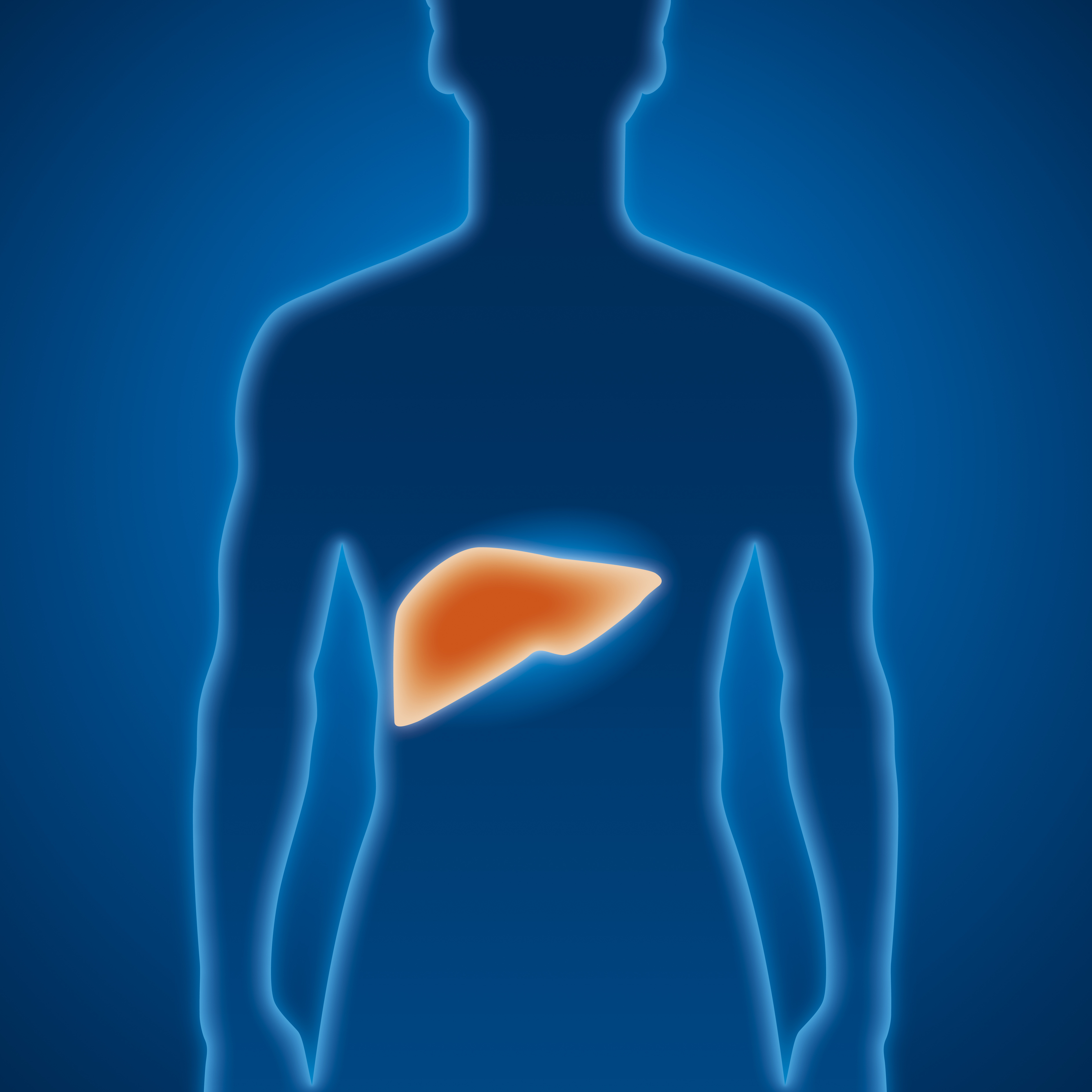
What is Hepatitis B?
Hepatitis B virus (HBV) is a vaccine preventable infection of the liver and the leading cause of liver cancer worldwide. Approximately 1 in 30 people worldwide are living with chronic hepatitis B which causes 60-80% of liver cancer cases. Without appropriate medical management, as many as 1 in 4 people chronically infected with HBV will die from liver cancer or liver failure, resulting in one million deaths annually. Fortunately carriers can avoid these consequences with care and treatment.
How is Hepatitis B Transmitted
- A Mother-To-Child Infection: For Asians, HBV is commonly transmitted from a chronically infected mother to her child at birth.
- A Blood-Borne Infection:
HBV can be transmitted through infected blood. This includes:
- wound-to-wound contact
- sharing razors or toothbrushes
- reusing medical needles or syringes
- A Sexually Transmitted Infection: HBV can be transmitted through unprotected sex with an infected person.


Symptoms of Hepatitis B
Symptoms associated with the initial HBV infection, also called acute infection, can be so mild that people may not know they have been infected. In many cases, even doctors will not realize their patients have HBV without testing for it. But in some, it could result in an illness with symptoms of fatigue, loss of appetite, dark urine and yellow discoloration of the eyes, lasting for several months and even death from liver failure. Those who fail to clear the infection will develop a lifelong, chronic hepatitis B infection that can lead to premature death from cirrhosis (scarring of the liver), liver failure, or liver cancer. Chronic hepatitis B often displays no symptoms, therefore if is very important to get screened.
If you test positive for HBV:
With proper care, people with chronic hepatitis B can live normal, active lives;
- Every 6 months you should ask your doctor for an ALT blood test, which will screen for liver damage, and an AFP blood test that screens for liver cancer.
- Every year you should ask your doctor for an ultrasound to screen for liver cancer.
Not every person who tests positive for HBV will need treatment, but if your ALT level is elevated, indicating liver damage, antiviral medication may be appropriate.


